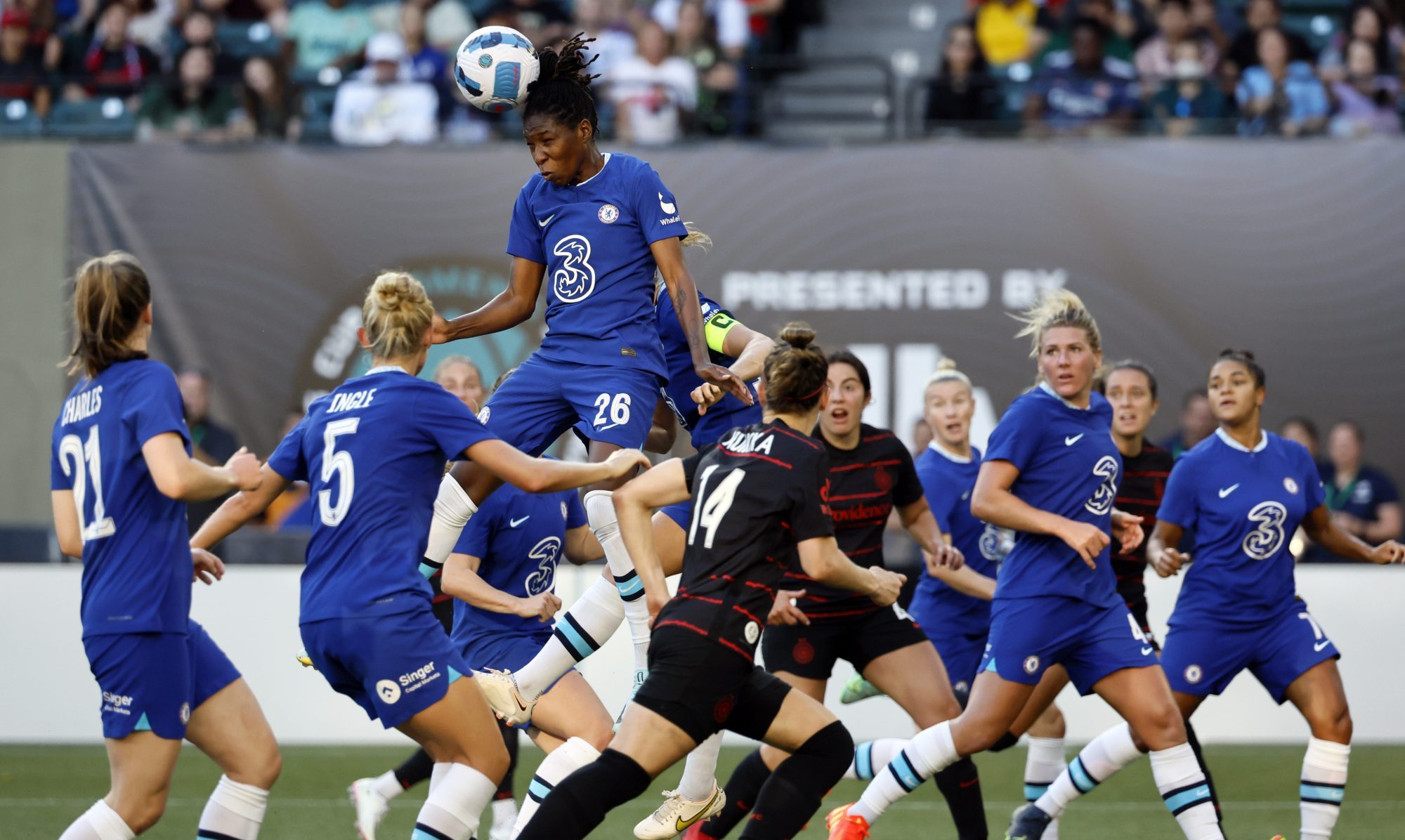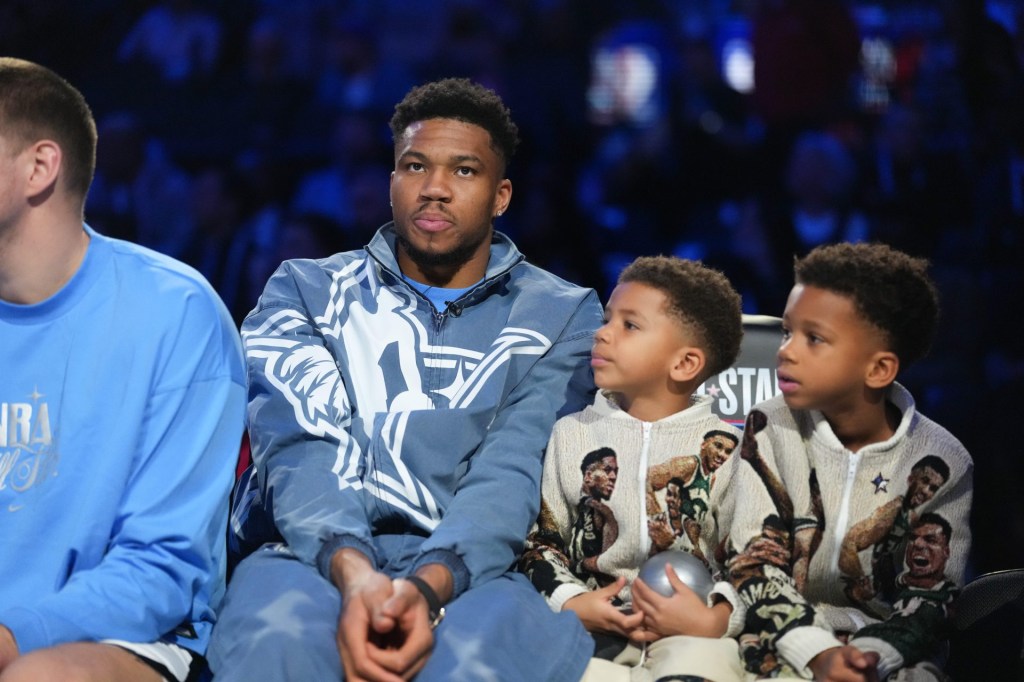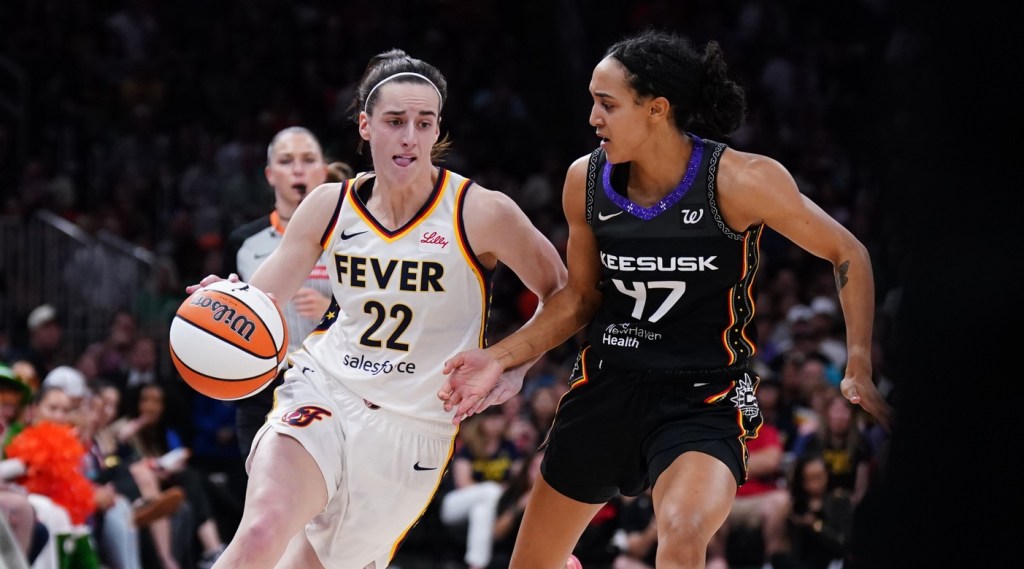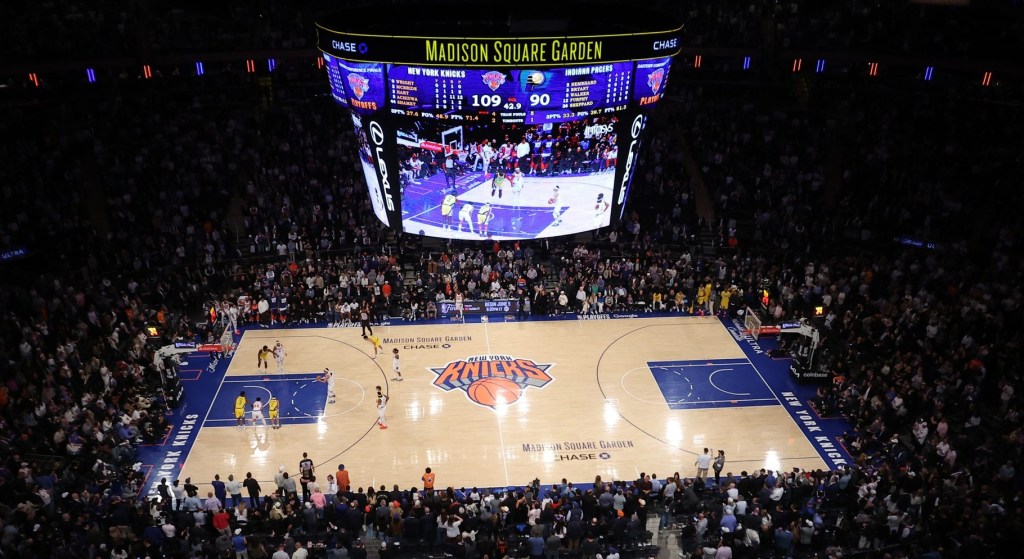A team opening itself up to minority investors isn’t necessarily front-page news. But in the Women’s Super League, the highest level of women’s professional soccer in England, it’s pretty revolutionary.
That’s because WSL teams all fall under the same ownership as a men’s Premier League club. Unlike many independent women’s sports teams in the U.S. that boast flashy celebrity owners from Serena Williams to Natalie Portman, any investment in English women’s soccer has historically meant buying a stake in the men’s club—and all the arduous Premier League rules and regulations that entail.
Last week, Chelsea F.C. announced it hired a bank to help with potentially selling a minority stake in its women’s team. In its announcement, Chelsea said the women’s side will be “repositioned so that it sits alongside, rather than beneath” the men, which will bring “dedicated resources, management, and commercial leadership” exclusively for the women.
“Having analysed the market and discussed with investors, there is a strong desire for an opportunity to invest solely into the women’s game,” read the announcement.
Multiple reports, including Bloomberg and The Athletic, say the women’s team could be looking for a valuation of about $200 million or more. That seems like a “top heavy” price to Kieran Maguire, an expert on the finances of soccer clubs who authored the book The Price of Football.
“It does involve an awful lot of speculative guesswork,” Maguire tells Front Office Sports. “[But] if you get in on the right time, it could be spectacularly successful.”
As women’s sports around the world are more popular than ever, the WSL is seeing increased interest. The league set multiple attendance and viewership records this season, including a new high of 60,160 fans at Arsenal against Manchester United. Arsenal Women, who play most of its matches at Meadow Park with a capacity of 4,500 fans, announced earlier this month that it will make Emirates Stadium its main home next season. And starting this upcoming season, the WSL is forming a new governance structure that mimics the Premier League, a move that helped increase the revenues of the men’s game in the 1990s.
“What you’re effectively doing by investing in a WSL team or any other women’s team is the equivalent of investing in a start-up,” says Maguire. “Soccer clubs themselves are established businesses; they’ve been around for over a century. The dinosaur views of people with regards to football in the U.K. meant that professional women’s football has only been around for a handful of years.”
While in many ways the ownership structure has elevated and legitimized the women’s teams, it’s also held back their growth. A Deloitte study found that zero WSL clubs were profitable in the 2022–23 season. Maguire says a split will afford a women’s club the independence to capitalize on marketing to its own fan base, which is often different from the corresponding men’s team.
It makes sense that Chelsea is the first team to consider this type of investment. It just captured a fifth straight WSL title and recently saw its manager, Emma Hayes, the 2021 FIFA Coach of the Year, poached by the U.S. women’s national team. A team in the third tier of English women’s soccer, Lewes F.C., considered direct investment into its women’s team in the past, but those talks fell through.
Regardless of a potential women’s side sale, next season’s new governing structure brings significant financial promise. The WSL and Women’s Championship are breaking away from the Football Association, forming a new independent body in which clubs are shareholders. The Premier League was established in a similar way, in 1992, which allowed it to control its own decisions, most critically its media-rights revenues, which had previously been shared among all levels of the sport. The move marked a massive financial shift for the league that helped restore the sport’s popularity and prestige.
“We’re kind of going from—and I don’t mean this disrespectfully because we would not be here without the FA—being within a governing body to a standalone, revenue-generating, for-profit independent entity with a 100% dedicated professional management team,” said the CEO of the new entity, Nikki Doucet.
Chelsea did not respond to FOS’ requests for comment.

















